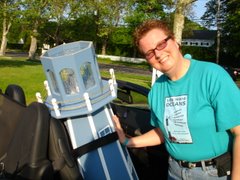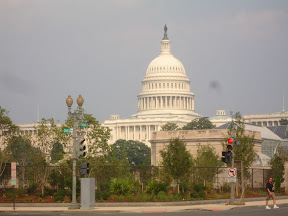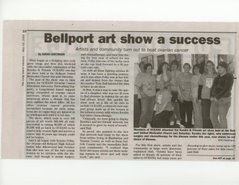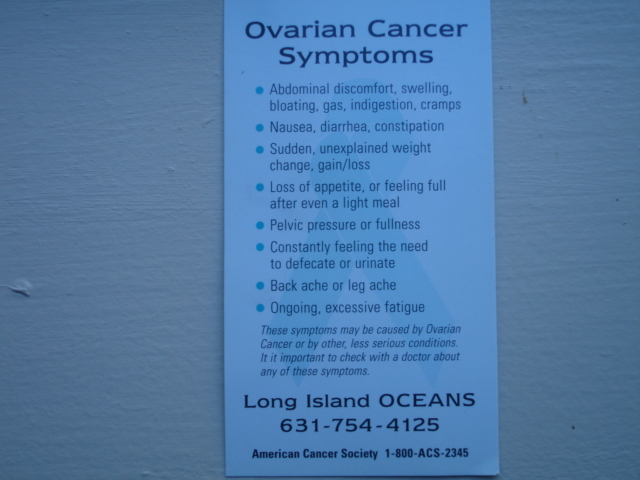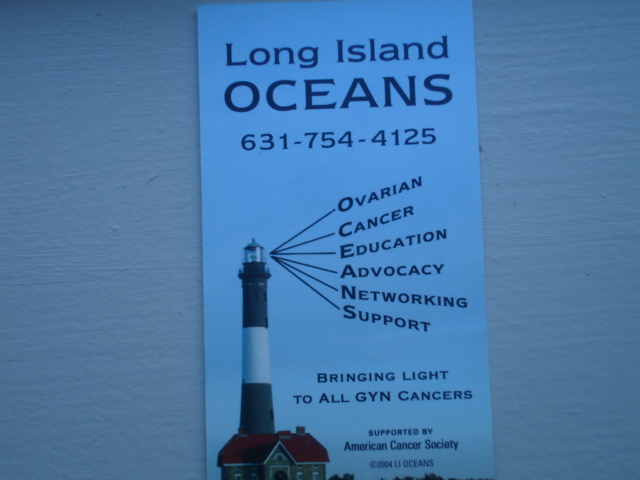"What is success?
To laugh often and much;
To win the respect of intelligent people and the affection of children;
To earn the appreciation of honest critics and endure the betrayal of false friends;
To appreciate beauty;
To find the best in others;
To leave the world a bit better, whether by a healthy child, a garden patch or a redeemed social condition;
To know even one life has breathed easier because you have lived;
That is to have succeeded."
Ralph Waldo Emerson
So Long, Volunteers by Erma Bombeck
I had a dream the other night that every volunteer in this land had set sail for another country. I stood smiling on the pier, shouting, "Good-bye, phone committees. God-bye disease-of-the mon. No more getting out the vote. No more playground duty, bake sales, rummage sales, thrift shops, and three-hour meetings." As the boat got smaller, I reflected; "serves them right, that bunch of yes people. All they had to do was to put their tongues firmly against the roofs of their mouths and make an"O" sound--no. It would certainly have spared them a lot of grief. Oh, well, who needs them?" The hospital was quiet as I passed it. The reception desk was vacant. Rooms were devoid of books, flowers, and voices. The children's wing held no clowns, no laughter. The home for the aged was like a tomb. The blind listened for a voice that never came. The infirmed were imprisoned in wheelchairs that never moved. Food grew cold on trays that would never reach the hungry. The social agencies had closed their doors--unable to implement their programs of scouting, recreation, drug control; unable to help the retarded, handicapped, lonely and abandoned. Health agencies had signs in their windows: "Cures for cancer, birth defects, multiple sclerosis, heart diseases, etc., have been canceled because of lack of interest." The schools were strangely quiet, with no field trips and no volunteer classroom aides. Symphony halls and the museums that had been built and stocked by volunteers were dark and would remain that way. The flowers in churches and synagogues withered and died. Children in day nurseries lifted their arms, but there was no one to hold them in love. Alcoholics cried out in despair, but no one answered. the poor had no recourse for health care or legal aid. I fought in my sleep to regain a glimpse of the ship of volunteers just one more time. It was to be my last glimpse of a decent civilization.
I had a dream the other night that every volunteer in this land had set sail for another country. I stood smiling on the pier, shouting, "Good-bye, phone committees. God-bye disease-of-the mon. No more getting out the vote. No more playground duty, bake sales, rummage sales, thrift shops, and three-hour meetings." As the boat got smaller, I reflected; "serves them right, that bunch of yes people. All they had to do was to put their tongues firmly against the roofs of their mouths and make an"O" sound--no. It would certainly have spared them a lot of grief. Oh, well, who needs them?" The hospital was quiet as I passed it. The reception desk was vacant. Rooms were devoid of books, flowers, and voices. The children's wing held no clowns, no laughter. The home for the aged was like a tomb. The blind listened for a voice that never came. The infirmed were imprisoned in wheelchairs that never moved. Food grew cold on trays that would never reach the hungry. The social agencies had closed their doors--unable to implement their programs of scouting, recreation, drug control; unable to help the retarded, handicapped, lonely and abandoned. Health agencies had signs in their windows: "Cures for cancer, birth defects, multiple sclerosis, heart diseases, etc., have been canceled because of lack of interest." The schools were strangely quiet, with no field trips and no volunteer classroom aides. Symphony halls and the museums that had been built and stocked by volunteers were dark and would remain that way. The flowers in churches and synagogues withered and died. Children in day nurseries lifted their arms, but there was no one to hold them in love. Alcoholics cried out in despair, but no one answered. the poor had no recourse for health care or legal aid. I fought in my sleep to regain a glimpse of the ship of volunteers just one more time. It was to be my last glimpse of a decent civilization.
Being a Volunteer — A Noble Professionby Erma Bombeck
I was a "thousand points of light" long before volunteerism lighted up the sky and had an official name. I had my lights short-circuited, burned at both ends and occasionally punched out. I hang in there because generally volunteerism is a dazzling galaxy of gems that streak across the sky and illuminate the world when it falters and cannot find its way.
I was thinking the other day that Americans are intrigued by royalty. Americans have never felt the need for a hierarchy who live in castles and get paid for waving and going to funerals, but I would like to propose a royal family for this country who would have no political power but would symbolize what we are all about and set the tone for our nation. . .the Royal Family of Volunteers.
You cannot be born to this royal family. You must earn your way through the ranks. Congress will not appropriate a salary for your efforts. You won't even have your own principality, especially if you volunteer you medical services to travel down the Amazon River on your vacation to tend to the needs of children in Brazil.
The perks of royalty, which usually add up to yachts, box seats, parades and state dinners, may translate to long hours, tired sandwiches, costs, rejection, cold coffee, and screaming kids. Royalty as a rule is recognizable. The Royal Family of Volunteers are nameless, faceless and forgettable. They are often taken for granted, and only a fraction of them are recognized for their talents.
So how do you know you're royalty. Ah. . .it's the crown jewels that give you away-that sparkling tiara of smiles you have given and tears you have shared, and the rich legacy of caring.
I was thinking the other day that Americans are intrigued by royalty. Americans have never felt the need for a hierarchy who live in castles and get paid for waving and going to funerals, but I would like to propose a royal family for this country who would have no political power but would symbolize what we are all about and set the tone for our nation. . .the Royal Family of Volunteers.
You cannot be born to this royal family. You must earn your way through the ranks. Congress will not appropriate a salary for your efforts. You won't even have your own principality, especially if you volunteer you medical services to travel down the Amazon River on your vacation to tend to the needs of children in Brazil.
The perks of royalty, which usually add up to yachts, box seats, parades and state dinners, may translate to long hours, tired sandwiches, costs, rejection, cold coffee, and screaming kids. Royalty as a rule is recognizable. The Royal Family of Volunteers are nameless, faceless and forgettable. They are often taken for granted, and only a fraction of them are recognized for their talents.
So how do you know you're royalty. Ah. . .it's the crown jewels that give you away-that sparkling tiara of smiles you have given and tears you have shared, and the rich legacy of caring.




